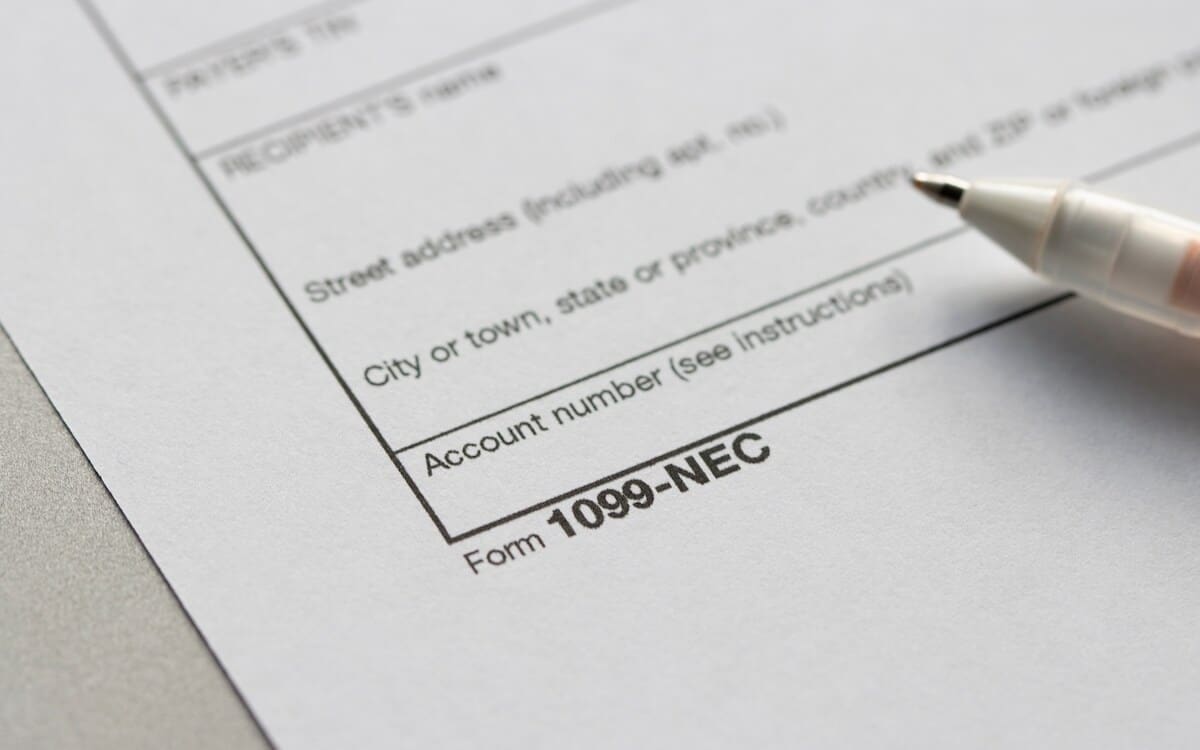Certified Public Accountants (CPAs) and tax preparers can both help you file your business tax return, but knowing their advantages and limitations will help you choose the right level of support for your business. When deciding between CPA tax services vs. tax preparer, consider whether your concerns lie primarily with filing your taxes quickly and cost-effectively or if you require additional accounting guidance to augment your tax planning.
We outline the key differences between accountants and tax preparers, so you can find the best fit for your business.
CPA vs. tax preparer certifications
The major difference between accountants and tax preparers are the education and licensure requirements for each. The services and value they offer their clients is shaped by their level and scope of training.
CPA
CPAs are licensed by the AICPA (American Institution of Certified Public Accountants). Before an accountant can sit for AICPA’s exam, they must complete a bachelor’s degree and 150 credit hours with a focus on accounting, business and general education.
Every CPA has an 18-month period to pass AICPA’s four-part exam, which covers auditing and attestation, business concepts, accounting and reporting and regulations. Once the exam is passed, the accountant applies to their individual state for licensure. CPAs are also usually required to complete 40 hours of continued education annually. All this ensures they are responsible fiduciaries.
Due to their extensive credentials, CPAs do not have limited representation rights and are therefore authorized to represent their clients before the IRS, along with attorneys and enrolled agents.
Tax preparer
Tax preparers, conversely, aren’t required to complete a college degree in any field. Depending on the type of tax preparer you choose, the position may require different certifications and have varying degrees of representation rights.
There are three types of non-accountant tax preparers:
- Annual Filing Season Program participants
- PTIN holders
- Enrolled agents
The first two types of tax preparers do not require credentials beyond a PTIN (preparer tax identification number), and not all states require a non-credentialed tax preparer to pass a tax competency exam. Usually, these types of tax preparers work seasonally at special tax filing service providers. They cannot represent clients before the IRS.
Enrolled agents, however, can represent clients before the IRS and are authorized by the U.S. Government to do so. This is the highest level of certification awarded by the IRS. An enrolled agent must complete the IRS’s Special Enrollment Exam or have previous experience as an IRS employee. As enrolled agents, they must also obtain a PTIN and complete 72 hours of continuing education every three years. This level of tax preparer can represent clients in tax audits, appeals and collections.
Why choose a tax preparer?
If your business only needs assistance filing taxes, then a tax preparer or enrolled agent may be your best bet. Tax preparer responsibilities include collecting relevant financial records; inputting applicable tax data; using federal, state and local tax laws to determine deductions, refunds and payments; filing documents with the IRS and informing clients about the tax process.
For smaller companies with straightforward taxes, using a tax preparer is a way to save money and get your tax returns completed on time.
Why choose a CPA?
A CPA provides valuable financial services that can extend beyond taxes or include more extensive tax planning. Whether you need monthly accounting support or seasonal support during your busiest seasons, a CPA can provide additional value to your tax strategy and finances as a whole.
Small business accountants will usually fulfill tax preparer functions and many additional ones, such as checking for major financial discrepancies, auditing individual accounts, working with CEOs and CFOs to establish budgets, and of course, representing clients before the IRS.
The different fields of accounting
There are several specialties under the umbrella of accountants that may require their own special licenses. When choosing between a CPA vs. tax preparer, it’s important to be familiar with the various accounting specialties, because they can cover tax and other financial areas of your business that may directly or indirectly affect your tax position and planning.
CPAs can include the following specialties:
- Tax accountant – A tax accountant is a CPA who works with businesses to develop a tax strategy to minimize their liabilities. While their focus is on taxes, they may also provide guidance in financial and estate planning.
- Managerial accountant – These accountants assist decision makers by analyzing the company’s financial health. They’re directly involved in budgeting, financial reporting, risk management and profitability analysis.
- Compliance accountant – These individuals usually start with education in auditing and work to ensure that a company’s controls are properly in place to prevent fraudulent activities.
Of course, you can also hire a project accountant or cost accountant. These are each used on an as-needed basis, depending upon your business’s specific goals.
Tax and accounting services for small business
When comparing a CPA vs. tax preparer for your business, it’s best to start with your goals. Perhaps your taxes are straight forward, but you have questions about certain tax regulations. Or, perhaps your business is preparing to be audited or needs guidance in structuring investments to improve your tax position.
Whether you simply need the assistance of an enrolled agent or you’re looking for more extensive tax planning support, Paro’s fractional tax service professionals can provide you with flexible solutions to fit your level of need.






